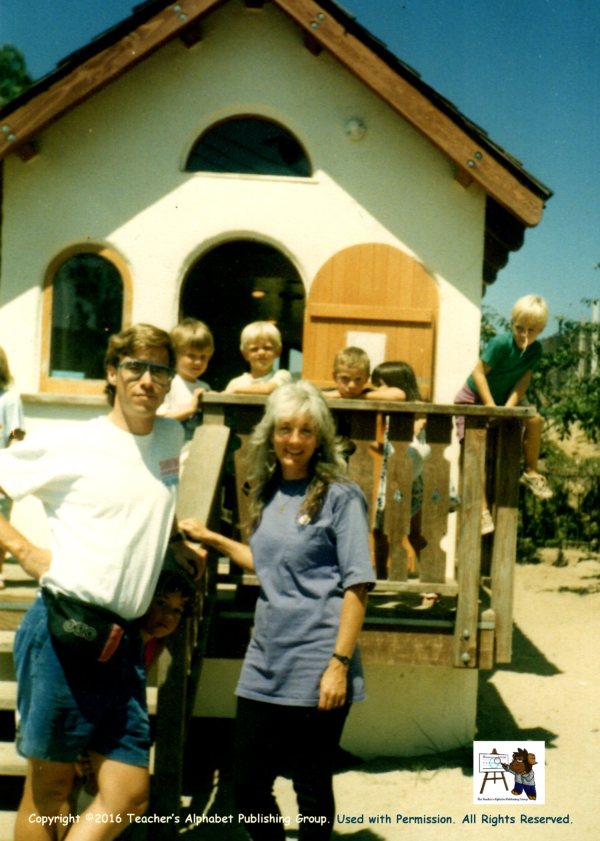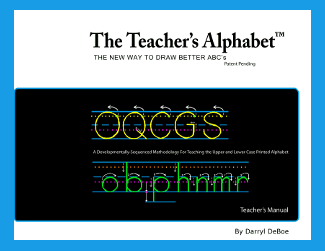Teaching Poorly is Easy, Teaching Well is a Difficult and Delicate Dance
Steemers! We Need More Posts from Teachers
( )
)
I have been teaching and tutoring since 1979 and went through academia studying how we learn and what breaks us through. Eventually, I got an Instructional Aide Certificate with a Phonics Major and Math minor and tutored on the staff at Golden West at both the Math Lab and the Tutoring Center (History, English, Political Science, Phonics).
Two things changed my life as a beginning teacher--being hired as a tutor when I was being tutored (in Calculus) and learning Phonics and teaching illiterate adults how to read and write. Once I was I got hired, I was amazed at how much I loved to teach and was fascinated with the energy of the one-on-one interplay of teacher and student and how fragile and magnificent it was at the same time. I got energy from teaching, it did not wear me out. I loved doing it and I loved the results. I also went to Student Employment Center and pursued as many tutoring jobs as I could fit in. Once I learned how to teach Phonics and started teaching adults how to read, I was hooked on teaching and pointed all my classes toward getting me into the University of California to get my teaching credentials and study Education.
At UCR I feel in love with Educational Psychology and how to really teach in a way that listened to and get through to young kids. After getting my BA in Psychology, with a minor in Education, I went to graduate school and earned credentials Elementary (Multiple Subjects) and Mathematics. I spent the the majority of my student teaching time at the elementary level (2,5,6,).
To be honest, most of my graduate work in Education was an insane waste of time.
What I did find valuable were my classes in Educational Psychology, Curriculum, and theories and methods on Teaching Reading. My student teaching helped to realize the utter necessity of being flexible and having a mass of materials that could engage my students at will. Writing out formal lesson plans --spelling out objectives, activities, pages, and expected outcomes-is one of the most mind-numbing wastes of time (thousand of hours of Sunday nights lost) and only the worst performing districts made me do it--week-after-week--and it didn't help anybody do anything--except my administrators stay employed.
What would of really helped me as a beginning student teacher was to have a little help when I first faced 35 kids by myself and not just of have been thrown "in the pool" as a substitute. Word up kiddies! Most beginning teachers get to be substitutes, at least 20 times, before they ever get hired as regular teachers (get recommendations from every principal you do long term subbing with and get complimented by).
I have taught private and public school classes at the high school, middle school, elementary, and preschool levels.
Simply put, I think teaching well is the most important thing we can do to help our children--and everyone else--become the best they can be. Unfortunately, I see a lot of teachers who know their subjects very well and get degrees in teaching, who are terrible at relating to children (esp. high school math teachers). Just because you are good at particular subject as a student doesn't mean you will ever be good at being a teacher of it. Most "A" students in Math do not become good teachers because they can't understand what it is like to not understand it.
Simply put, a good teacher know exactly what it is like to not understand their subject and can help their students gain mastery in it by knowing the graduated sequence of lessons they need present and when to present them.
These days, I tell my private students, my goal is to teach myself out of a job.
D. Chance DeBoe
Creator of The Teacher's Alphabet
